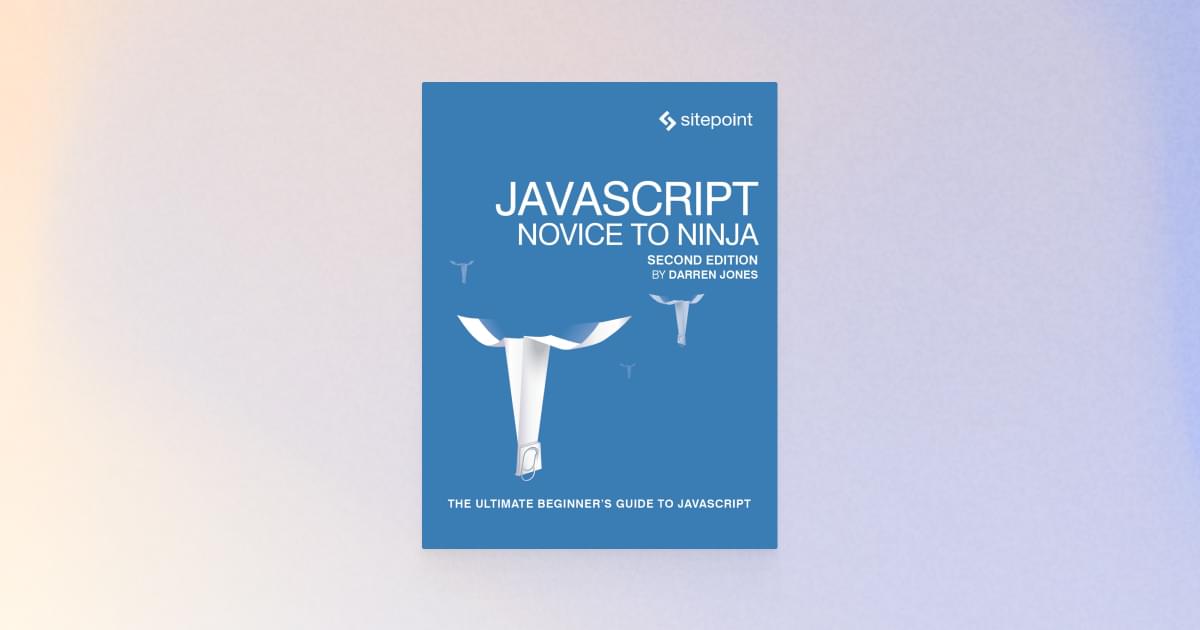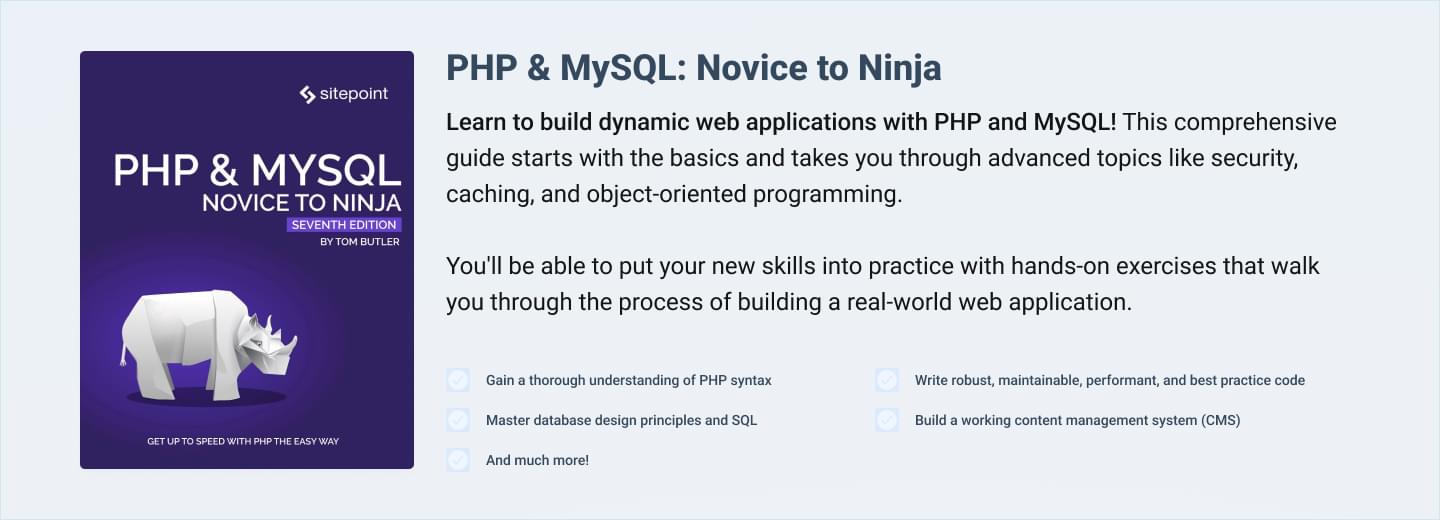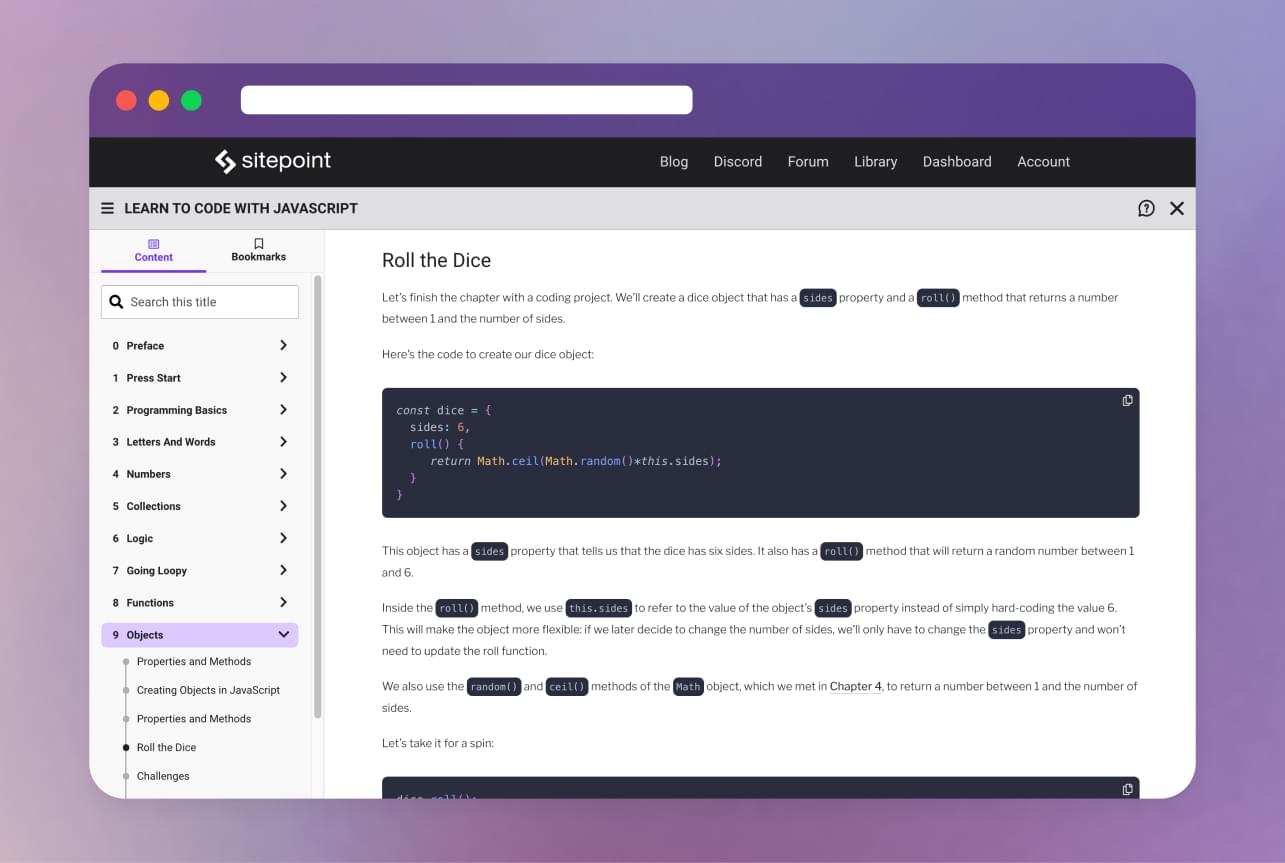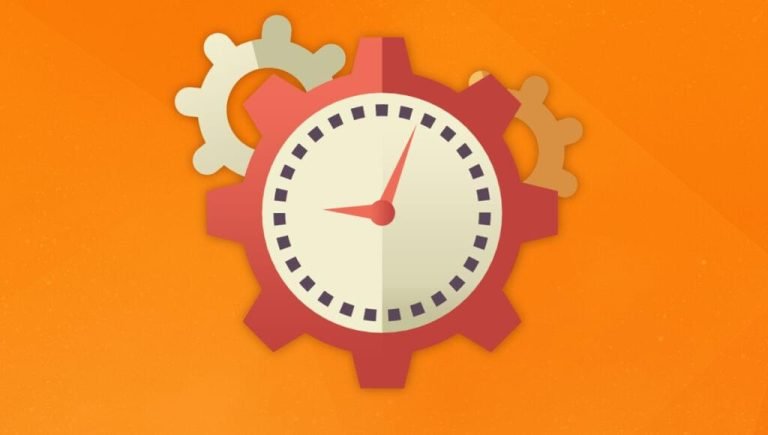If you’re a beginner programmer, you might be wondering which programming language you should learn first. With so many languages out there, it can be difficult to decide which one is right for you. We’ll discuss the most popular programming languages in 2022 and what benefits they offer.
It’s 2022 and you want to learn a programming language. But which one should you choose? It can be difficult to decide which one is right for you. This article will discuss the most popular programming languages in 2022 and what benefits they offer. We will also give some tips on how to choose the right language for your needs. So whether you’re a beginner or an experienced programmer, read on to find out which language you should learn first!

What Is a Programming Language?
Table of Contents
- 1 What Is a Programming Language?
- 2 What Are the Most Popular Programming Languages in 2022?
- 3 Top Programming Languages for Web Development
- 4 The Best Programming Language to Learn First
- 5 What’s the Best Way to Get Started?
- 6 Get Started with Coding
A programming language is a formal language that specifies a set of instructions that can be used to produce various kinds of output. Programming languages are used in computer programming to implement logic flows and algorithms.
Levels of programming languages
Programming languages can be categorized by level. These levels relate to the level of abstraction from the machine code that runs on a computer.
- Low-level programming language
- High-level programming language
Low-level languages
A low-level language is a programming language that provides little or no abstraction from a computer’s instruction set architecture. Low-level languages are typically used to write system software, such as operating systems and device drivers, or to access hardware devices.
Examples of low-level programming languages include machine code and assembly language.
- Machine code is a low-level language. It is the only language that can be directly executed by the computer.
- Assembly language is a low-level language. It is a human-readable form of machine code that can be more easily written and understood by programmers.
However, it is difficult for humans to read and write machine code. As a result, programming languages were developed that allow humans to write code that is easier for them to read and understand.
High-level languages
A high-level language is a programming language that provides abstraction from a computer’s instruction set architecture. High-level languages are typically used to write application software, such as word processors and spreadsheets.
Examples of high-level programming languages include JavaScript, Python, C++, and Java.
While high-level languages are easier for humans to read and write, they must be translated into machine code before they can be executed by a computer. This translation is typically done by a compiler or an interpreter.
- Compilers: A compiler is a program that translates source code written in a high-level language into machine code. The machine code can be directly executed by the computer.
- Interpreters: An interpreter is a program that translates and executes source code written in a high-level language. The machine code is not directly executed by the computer.
Types of programming languages
There are many different types of programming languages. Some languages are designed for specific purposes, while others are more general-purpose.
Examples of specific-purpose programming languages include:
- SQL: SQL is a language used for managing data in databases.
- HTML: HTML is a markup language used for creating web pages.
- CSS: CSS is a style sheet language used to describe a web page’s presentation.
Examples of general-purpose programming languages include:
- C++: C++ can be used for a variety of purposes, such as system software, application software, and games.
- Java: Java is a language that can be used for web applications, mobile applications, and big data.
- Python: Python is a versatile language that can be used for things such as artificial intelligence, machine learning, and web development.
What is a programming paradigm?
A programming paradigm is a way of thinking about programming. It is a conceptual model that dictates how we should write our code.
There are many different types of programming languages. Some are more versatile than others and can be used for a variety of purposes. Others are more specialized and are designed for specific tasks.
When it comes to learning a programming language, there are different types of programming paradigms that can be followed. These include:
- Logic programming
- Object-oriented programming Language
- Scripting programming languages
- Functional programming languages
- Procedural programming languages
Each type of paradigm has its own set of benefits and drawbacks. For instance, logic programming is great for solving complex problems, but can be difficult to read and understand. On the other hand, object-oriented programming languages are much easier to read and write, but may not be as powerful when it comes to solving complex problems.
While there are many different programming paradigms, most programming languages can be classified as either imperative or declarative.
- Imperative programming languages are based on the concept of commands. Commands are instructions that tell the computer what to do.
- Declarative programming languages are based on the concept of expressions. Expressions are statements that describe what should be done, but they don’t specify how it should be done.
Logic programming
Logic programming is a type of programming language that is based on formal logic. It is typically used for artificial intelligence applications.
Programs written in a logic programming language are sets of logical statements. These statements can be used to deduce new facts or solve problems.
Logic programming languages include Prolog and LISP.
Object-oriented programming
Object-oriented programming is a paradigm that is based on the concept of objects and their interactions. Objects are self-contained units that have data and behavior.
Object-oriented programming languages include C++, Java, and Python.
Scripting programming languages
Scripting programming languages are high-level languages that are designed for automating tasks. They are typically used to write small programs or scripts.
Scripting programming languages include Perl, PHP, and Python.
Functional programming languages
Functional programming is a paradigm that is based on the evaluation of functions. Functions are self-contained units of code that take input and produce output.
Functional programming languages include Haskell and Lisp. JavaScript can also be used as a functional programming language.
Procedural programming languages
Procedural programming focuses on the step-by-step execution of a set of instructions (procedures). Procedures are self-contained units of code that carry out a specific task.
Procedural programming languages include C and Pascal.
If you are not sure what type of programming you want to do, you should consider learning a scripting language. Scripting languages like JavaScript are typically easy to learn and can be used for a wide range of tasks.
What Are the Most Popular Programming Languages in 2022?
According to the 2021 Stack Overflow Developer Survey, the most popular programming technologies in 2022 are:
- JavaScript
- HTML and CSS
- Python
- SQL
- Java
- Node.js
- TypeScript
- C#
- Bash/Shell
- C++
- PHP
- C
- PowerShell
- Go
- Kotlin
- Rust
- Ruby
- Dart
- Assembly
- Swift
Each of these languages has different benefits that make them well-suited for different purposes. To choose the right language for your needs, you should consider what you want to use the language for.
If you’re interested in web development, then JavaScript or PHP might be a good choice. Python might be a good choice if you’re interested in data science or machine learning. If you’re interested in game development, then C++ might be the one for you. And if you’re looking for a versatile language that can be used for a variety of applications, then C# is worth a look.
No matter what your goals are, there’s a language out there that’s perfect for you. So don’t be afraid to experiment and find the one that fits your needs.
Top Programming Languages for Web Development
Now that we’ve gone over the different types of programming languages, let’s take a look at some specific languages.
Web development is one of the most popular types of programming. If you’re a developer in 2022, chances are high that you’re a web developer.
There are a number of different languages that are commonly used for web development. In 2022, we think it’s smart to pick a first language that you can put to use in the browser, and our recommendations are informed by this philosophy.
JavaScript
JavaScript is the most popular programming language in the world, and it’s one of the easiest to learn. It’s also one of the few languages that can be used on both the front-end and back-end of web development.
If you already know that you want your focus to be web development in 2022, JavaScript should be your first language.

With over 600 pages of content, JavaScript: Novice to Ninja is perfect for beginners who want to learn everything there is to know about JavaScript. You’ll learn the basics, such as arrays and loops, as well as more advanced topics like HTML5 APIs. By the time you finish reading this book, you’ll be able to write robust and maintainable code with ease!
Pros of JavaScript:
- It’s popular, so there are a lot of resources and community support.
- It’s easy to learn for beginners.
- It can be used on both the front-end and back-end of web development.
Cons of JavaScript:
- It’s not always easy to debug code because it’s not a compiled language.
- The syntax can be confusing to interpret at first (compared to tools like Python that are designed to look more like natural languages).
Python
Python is another language that’s used for web development, and it’s a heavyweight like JavaScript in terms of popularity. It’s a versatile scripting language that can be used for a wide range of tasks, from automating tasks to powering scientific research.
Python is a great language to learn if you’re interested in pursuing a career in web development or data science.
Pros of Python:
- It has a clear and concise syntax.
- It’s easy to learn for beginners.
- It has a wide range of applications.
Cons of Python:
- It’s not as fast as some other languages.
- It has a limited number of web development frameworks.
Ruby
Ruby is another versatile language that can be used for web development. It’s known for being a relatively easy language to learn, and it’s used in popular frameworks like Ruby on Rails.
Ruby is a great choice for beginners because it has a very readable syntax. It’s also popular in the startup community.
Pros of Ruby:
- The syntax is very readable and concise.
- It’s used in popular frameworks like Ruby on Rails.
- It’s popular in the startup community.
Cons of Ruby:
- Some people find it difficult to learn.
- Not as popular as some other languages.
- There are relatively few resources compared to other languages.
PHP
PHP is a popular scripting language that is used for web development. It’s a great language to learn if you’re interested in creating dynamic web applications.
PHP is often used in content management systems (CMS) like WordPress and Drupal.

PHP & MySQL: Novice to Ninja is the perfect guide for aspiring web developers. With this hands-on guide, you’ll learn how to install and configure PHP and MySQL, create database schemas, and write object-oriented code. You’ll also learn how to control access to your data and publish it on the web. When you’re finished, you’ll have the skills you need to build powerful server-side applications.
Pros of PHP:
- It’s used in popular content management systems (CMS) like WordPress and Drupal, leading to stable ongoing demand.
- It’s versatile and can be used for web development, scripting, and more.
- It’s relatively easy to learn.
Cons of PHP:
- No longer as popular as some other languages for web development.
- Some people find the syntax confusing.
Swift
Swift is a newer language that was created by Apple. It’s a powerful and fast language that can be used for web development, mobile app development, and more.
Swift is a great choice if you’re interested in creating iOS or macOS apps.
Pros of Swift:
- It’s a powerful and fast language.
- It’s easy to learn and read.
- It can be used for web development, mobile app development, and more.
Cons of Swift:
- Not as many resources available as some other languages.
- You need a Mac to develop iOS apps.
Kotlin
Kotlin is a newer language that was created by JetBrains. It’s a versatile language that can be used for web development, Android development, and more.
Kotlin is a great choice if you’re interested in creating cross-platform applications.
Pros of Kotlin:
- It’s a concise and expressive language.
- It’s compatible with Java.
- It has great tooling support.
Cons of Kotlin:
- It’s a newer language, so there’s not as much documentation available.
- You may have to learn some Java to use Kotlin effectively.
- Kotlin is a great choice for those who are interested in creating cross-platform applications.
Go
Go is a language that was created by Google. If you’re looking for a fast and powerful language that is versatile, go with Go. It might be a little more difficult to learn than some other languages, but it will be worth it in the end.
Go is a great choice if you’re interested in creating scalable applications.
Pros of Go:
- It’s fast and powerful
- Go is great for multiple purposes, like web development and distributed systems
- It’s great for scalable web applications
Cons of Go:
- It can be difficult to learn if you’re coming from a different programming language
- A relatively new language, so there’s not as much documentation available.
Java
Java is a versatile language that can be used for web development, Android development, and more.
Java is a great choice if you’re interested in creating cross-platform applications.
Pros of Java:
- It’s a versatile multi-purpose language.
- Java is great for creating cross-platform applications.
Cons of Java:
- Java can be a bit verbose.
- Not as popular for web development as it once was.
- It can be slower than other languages.
- Java can be difficult to learn for beginners.
C#
C# is a Microsoft language that is often used for web development, desktop applications, and more.
C# is a great choice if you’re interested in creating Windows applications or games.
Pros of C#:
- It’s fairly easy to learn.
- C# is a versatile language that can be used for a variety of applications.
- It has great tools and resources available
Cons of C#
- It can be more difficult to learn than the popular beginner-friendly languages.
- The C# community is a bit small compared to others.
The Best Programming Language to Learn First
What language should I learn first? If you’re asking yourself this question in 2022, the answer is probably JavaScript.
If you intend to do any web development, you will be using JavaScript at some stage (probably soon). It’s a very safe bet in terms of approachability, demand, and practicality.
If you are starting from scratch and still figuring out what you’ll focus on in development, the best programming language to learn first is Python. PHP, Java, and C# are all great languages with a lot to offer. However, if you want the most bang for your buck, learning Python will give you the ability to tackle the widest range of problems and projects.
What’s the Best Way to Get Started?
JavaScript is the most popular programming language in the world for good reason. It’s versatile, easy to learn, and there are plenty of resources available. If you’re just getting started in development, JavaScript is a great choice.
You can learn JavaScript for free on SitePoint. Learn to Code with JavaScript is the perfect place to start on your coding journey.

It’s included with every SitePoint account. You’ll learn the fundamentals and core concepts of programming, and pick up JavaScript in the process.
Get started by creating a free account.
Once you have a basic understanding of HTML, CSS, and JavaScript, you can start building projects and getting involved in the development community.
There’s plenty to explore in the JavaScript world, and you can browse our JavaScript books and courses and JavaScript articles to get an idea of what’s next.
When you’re ready to take your skills to the next level, you can round out your back-end skills with a language like Python or PHP. These languages will allow you to build a wide range of applications — these resources will give you a solid foundation:
Check out more PHP books and courses and more Python titles in the library. You can also check out our PHP articles and Python articles.
Get Started with Coding
To get started with programming, it’s important to find resources that fit your learning style.
- If you’re a visual learner, look for tutorials and text-based resources that include pictures and diagrams.
- If you’re an auditory learner, look for podcasts or video tutorials.
- If you’re a hands-on learner, look for resources that let you practice coding in your browser.
If you’re still not sure where to start, check out our beginner’s guide to web development. It covers all the basics and will help you get started on your journey to becoming a developer.
Once you’ve found resources that work for you, the best way to learn to program is to dive in and start coding. Don’t be afraid to make mistakes—everyone makes them! The important thing is that you learn from your mistakes and keep practicing.
As you’re learning, it’s also important to find a community of other programmers to connect with. You can find online communities for almost any programming language, and these communities can be a great source of support and encouragement.
SitePoint offers communities in the form of our forum and our Discord server. Join whichever suits your preferences (or both!) and start meeting other programmers from all over the world.
When you’re just getting started, it’s normal to feel overwhelmed by the sheer amount of information out there. But don’t worry—you don’t need to learn everything at once. Just focus on one thing at a time, and you’ll be surprised at how quickly you progress.
Don’t Get Discouraged When Debugging Gets Dire
No matter which language you choose to learn first, the most important thing is that you enjoy the process and don’t get too discouraged. The best way to learn a programming language is by writing code. Learning to code is a challenge, but it’s also incredibly rewarding. So get out there and start learning!
Which programming language do you want to learn first in 2022? Let us know over on the forums. Happy coding!






